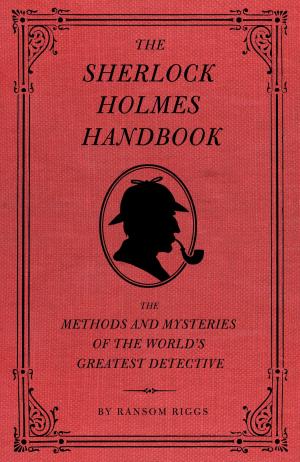| Author: | Graham Sclater | ISBN: | 1230000134030 |
| Publisher: | Tabitha Books | Publication: | May 16, 2013 |
| Imprint: | Language: | English |
| Author: | Graham Sclater |
| ISBN: | 1230000134030 |
| Publisher: | Tabitha Books |
| Publication: | May 16, 2013 |
| Imprint: | |
| Language: | English |
This atmospheric novel is set amongst American prisoners of war being held in the Dartmoor Depot at the end of the War of 1812, during a period in which POWs could be treated very badly. The novel starts with a naval battle late in the war, before moving to the Dartmoor depot, originally built for French Prisoners of War, but by this date massively overcrowded with American prisoners. That overcrowding is perhaps reflected in the cast, especially amongst the American prisoners (although it is fair to say that the cast does get rather dramatically thinned out over the course of the novel).
The large number of American characters is probably there to balance the equally large number of British characters, although the British are split into rather more groups, making them more distinctive. The size of the cast does mean that the author has been able to balance out his heroes and villains, with plenty on both sides.
Sclater does a good job of bringing to life the unfamiliar world of a POW camp of this period, where a brutal prison regime existed alongside a surprising amount of contact with the outside world. The POW plot builds to a satisfyingly dramatic conclusion, loosely based on real events. One or two of the other plots are perhaps a little well handled, but that can be forgiven
This atmospheric novel is set amongst American prisoners of war being held in the Dartmoor Depot at the end of the War of 1812, during a period in which POWs could be treated very badly. The novel starts with a naval battle late in the war, before moving to the Dartmoor depot, originally built for French Prisoners of War, but by this date massively overcrowded with American prisoners. That overcrowding is perhaps reflected in the cast, especially amongst the American prisoners (although it is fair to say that the cast does get rather dramatically thinned out over the course of the novel).
The large number of American characters is probably there to balance the equally large number of British characters, although the British are split into rather more groups, making them more distinctive. The size of the cast does mean that the author has been able to balance out his heroes and villains, with plenty on both sides.
Sclater does a good job of bringing to life the unfamiliar world of a POW camp of this period, where a brutal prison regime existed alongside a surprising amount of contact with the outside world. The POW plot builds to a satisfyingly dramatic conclusion, loosely based on real events. One or two of the other plots are perhaps a little well handled, but that can be forgiven















![Cover of the book Seventy-One Years Of A Guardsman’s Life [Illustrated Edition] by Graham Sclater](https://www.kuoky.com/images/2014/august/300x300/9781782899204-3Spp_300x.jpg)